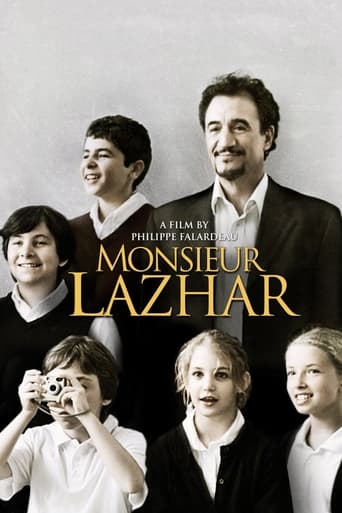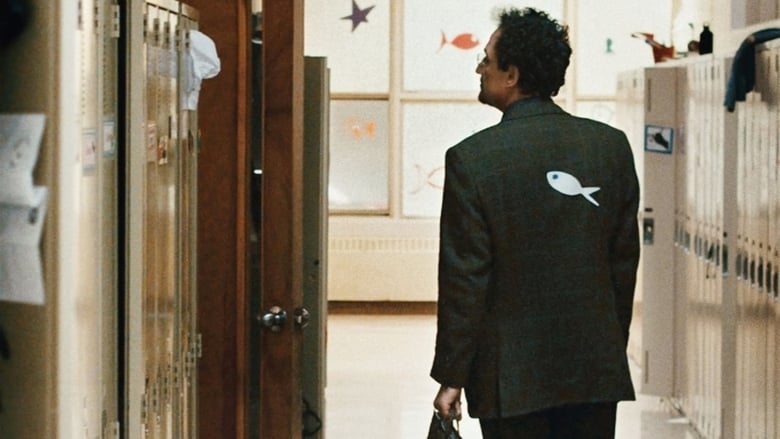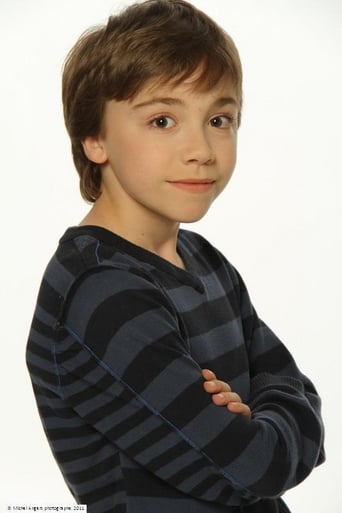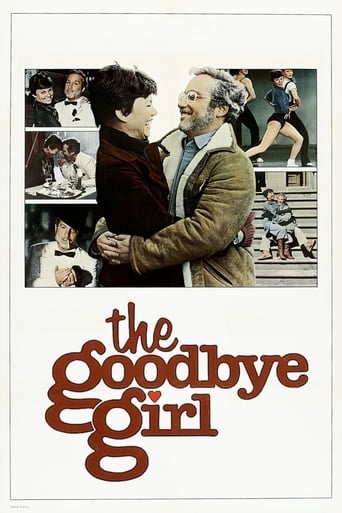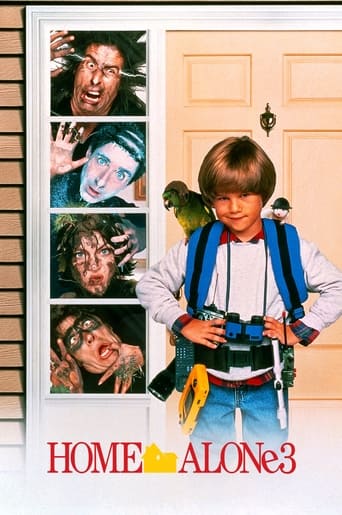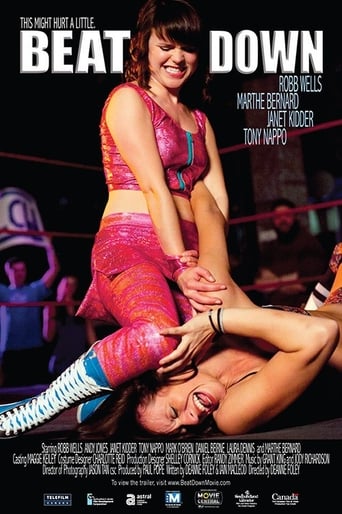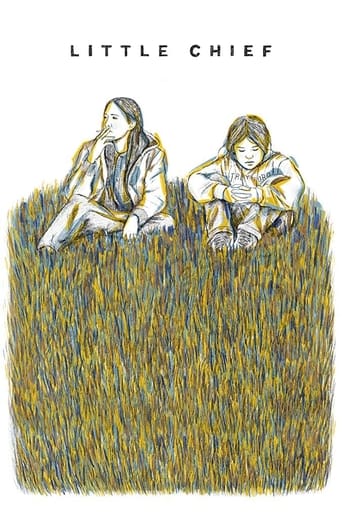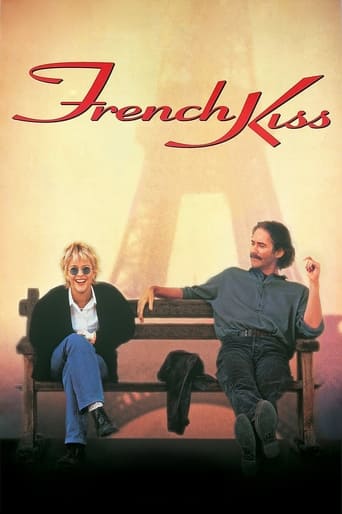Monsieur Lazhar (2011)
During a harsh Montréal winter, an elementary-school class is left reeling after its teacher commits suicide. Bachir Lazhar, a charismatic Algerian immigrant, steps in as the substitute teacher for the classroom of traumatized children. All the while, he must keep his personal life tucked away: the fact that he is seeking political refuge in Québec – and that he, like the children, has suffered an appalling loss.
Watch Trailer
Cast
Similar titles

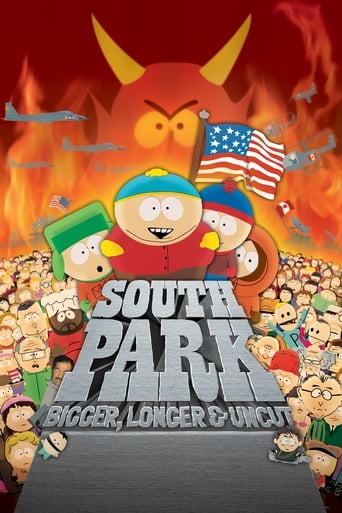
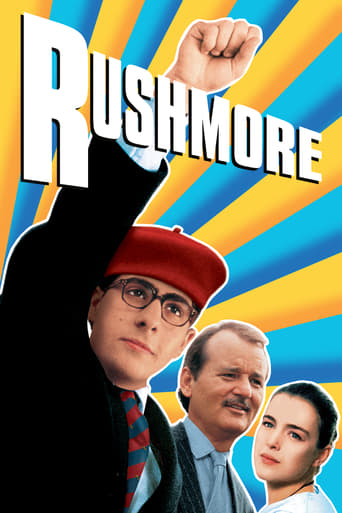
Reviews
Masterful Movie
Fun premise, good actors, bad writing. This film seemed to have potential at the beginning but it quickly devolves into a trite action film. Ultimately it's very boring.
At first rather annoying in its heavy emphasis on reenactments, this movie ultimately proves fascinating, simply because the complicated, highly dramatic tale it tells still almost defies belief.
It’s not bad or unwatchable but despite the amplitude of the spectacle, the end result is underwhelming.
Sure takes courage and conviction to make a movie like this one. 1, it deals with suicide (if you think that's no biggie, read ahead). 2, it deals with school students trying to deal with it since it was their teacher who did it In-The-School during class. 3, an immigrant trying his best to fit in (while being given the unenviable job of filling in said teacher's shoes) while being displaced during trying to deal with his own loss and 4, 1 last thing that, if I give away, you won't need to watch the movie, so I won't go into that.While keeping all those threads in play, it does so with the deepest regard for all of it characters, strong yet subtle insights, focusing on the main protagonists without allowing the secondary characters to fade into the background. It is a very human story, and also sheds light on quite a few bureaucratic 'things' that tie people's hands, and were not designed to show either empathy or human consideration at all, which force certain character's hand to try and make do with what they have, because jumping that hoop would mean going beyond the realm of all that's legal and official.The reasons for which the main event happens are never made clear, and that was a huge problem for a few of my friends and fellow audience-members during the post- movie that raged in the cinema's coffee lounge after the showing, but I quite made the case that this movie was never meant to be about that at all, considering how everything plays out in the last hour or so.All in all, though its too late now, this was well worth the long trip I had to make to the independent cinema at the time (the Angelika in Dallas) and I was glad to have caught it twice at the same venue.
Why do people complicate their motives? What strength lies behind different people's destinies? What is coincidental and what is prefabricated in life? What spiritual link may exist among humans who have gone through different traumas? Can you undergo a radical change in a new environment and remain true to yourself? These sort of thought provoking questions will evoke when seeing MONSIEUR LAZHAR - a film that may truly occur an illuminating discovery amongst recent productions.Directed by a newcomer Philippe Falardeau, it surprised me from the start. Seemingly, its school context can lead viewers to draw parallels, or even compare it with other films of the thematic concern. The Independent draws parallels with the Iranian production A Separation. Some find noticeable similarities with MONSIEUR MATTHIEU. The most striking movie quoted by many occurs to be DEAD POETS' SOCIETY. Indeed, certain plot aspects are common, like student/students-teacher relations, consultation with parents, the inner school system. Nevertheless, these are not the 'copies' where the movie's strengths really lie. These are not the themes returning again in a slightly different form and under a different title that prompt some movie critics label MONSIEUR LAZHAR "cinema at its most impactful" (Liam Maguren), "a reaffirmation of teacher's vocation" (Phillip French, The Observer). More to say, that would have never opened the way towards winning the City of Toronto Award and Oscar nomination for Best Foreign Language Film. What charm lies in MONSIEUR LAZHAR? I would condense it in three points: the portrayal of THE PROTAGONIST, the depiction of SCHOOLING and intensification of EMOTIONAL RESONANCE. PROTAGONIST: Roger Ebert states memorably that the film "has no simple questions and simple answers. Its purpose is to present us with a situation, explore the people involved and show us a man who is dealing with his own deep hurts." In media res, we get to know the protagonist and his environment. Beautifully depicted in an all in-depth portrayal by the Algerian comedian, writer and actor Mohamed Said Fellag, the title character Monsieur Lazhar is someone reliable and easy to identify with. As a refugee in Canada (the action takes place at Montreal), he is a newcomer at work and in the country. Equally, he strives to achieve the status of a reliable teacher and a reliable citizen. We may suspect that he has certain past behind him, a rather difficult past and memories from his homeland, but, as fate places him among the pupils whose trauma becomes clear to us at once, we discover him more and more. This mental discovery of the protagonist prompted within viewers is something very authentic with a memorable stimulus hidden within flawless action and clever script. Soon, we may agree with the statement of Phillip French in The Observer that "Lazhar is a man of tact, probity and a rich sense of humor." Taking responsibility for the class, the children who lost their previous teacher in the most 'nightmarish' circumstances, his arrival at the school rightly makes the whole film more and more thought provoking and convincing. In his encounter with his pupils, we discover the surprising fact that they, actually, have more in common than anyone would suspect. But the thing is, the little trick is to find this link. Anthony Quinn nicely points out about "a sympathetic balance between a child's view of schooling and an adult's." SCHOOLING: Again, let me quote Roger Ebert's strong but interesting line: " a teacher seems hardly allowed to be human." But in Monsieur Lazhar, this tact, probity and a rich sense of humor appear to be harmonious and excellently balanced. In the relations with parents and other teachers as well as his pupils, he is full of tact; his probity is clear in the way he treats his challenges (a few scenes show him at his desk correcting pupils' works) and a sense of humor is revealed at right places and at right time. Nevertheless, the critical view on schooling remains, the imposed rules, the usually inhumane requirements. Mind you the fact that the film actually ends with a hug, a hug of a teacher and a pupil, something forbidden at schools, yet something that rightly points out and stresses humanity needed in teacher-student relations. This humanity which is a key for healthy relations, austere methods of communicating thoughts. Here we could agree with a critic Critic Anne Hornaday of The Washington that the film "achieves its own sort of crystalline perfection – in simply telling the truth, and telling the truth simply." EMOTIONAL RESONANCE: It seems to be a primordial conclusion after viewing the film that the story, though difficult and tense, does not imprison the characters within the world of traumas but is directed towards the redemptive aspect of humanity in itself. Practically, no words or statutes or any power of mind helps the characters recover from difficulties but emotions. Something very human, something bound to criticism by the skeptical world of conventions, yet something true to human nature. The emotional resonance of the story is throughout a hidden character of the film, a backdrop presence that makes itself influential and significant. Handled memorably by the cast, including the youngsters who, thanks to undeniably effective rapport with the director, supply us with authentic display of emotions. Perhaps, it is most striking with Alice (Sophie Nelisse) but when we see the film from the standpoint of the protagonist, all the characters contribute powerfully to this target.All in all, an important film, a must see not only for teachers for whom it may work as inspirational achievement but for all viewers who like ambitious cinema.
Monsieur Lazhar (2011) is a French-Canadian film written and directed by Philippe Falardeau. As the movie opens, we learn that Bachir Lazhar (played by the talented Mohamed Fellag), an Algerian immigrant, has been hired to replace a teacher who has committed suicide.What I expected was a film about how, with gentleness and kindness, Mr. Lazhar overcame prejudice to give the students a better understanding of themselves and of this tragedy. However, the predictable film I had expected is not what the director has given us.Mr. Lazhar doesn't meet with much prejudice--from students, their parents, or his new colleagues. He is, indeed, gentle and kind, but there's much more to the movie than that. Lazhar is a complex character with a complex history. The situation surrounding the suicide of the teacher is complex as well. The interaction of these plot lines is what makes the film fascinating.This is definitely a movie worth seeking out and seeing. It's subtle and subdued, but never boring. We saw the film at the wonderful Dryden Theatre at Eastman House in Rochester. However, it should work almost as well on a small screen. Monsieur Lazhar is a work of art that demonstrates the importance of independent cinema in our culture. Try not to miss this one.
This film is about a substitute teacher who fills in after a class teacher hanged herself inside the classroom."Monsieur Lazhar" tells how people in the school cope after a tragedy. The children react in different ways, some leave the school, some talk about it and some act out. It is a challenge for Mr Lazhar, who has a traumatic past but he does not show this aspect of him in the classroom. Mr Lazhar's tragedy is brutal and spine chilling. However, the irony is that his tragedy is so understated in the film, that it almost appears that his traumatic past in Algeria is insignificant in a suburban Canadian community. Maybe this is to highlight different people have different perspectives and different problems to worry about.
